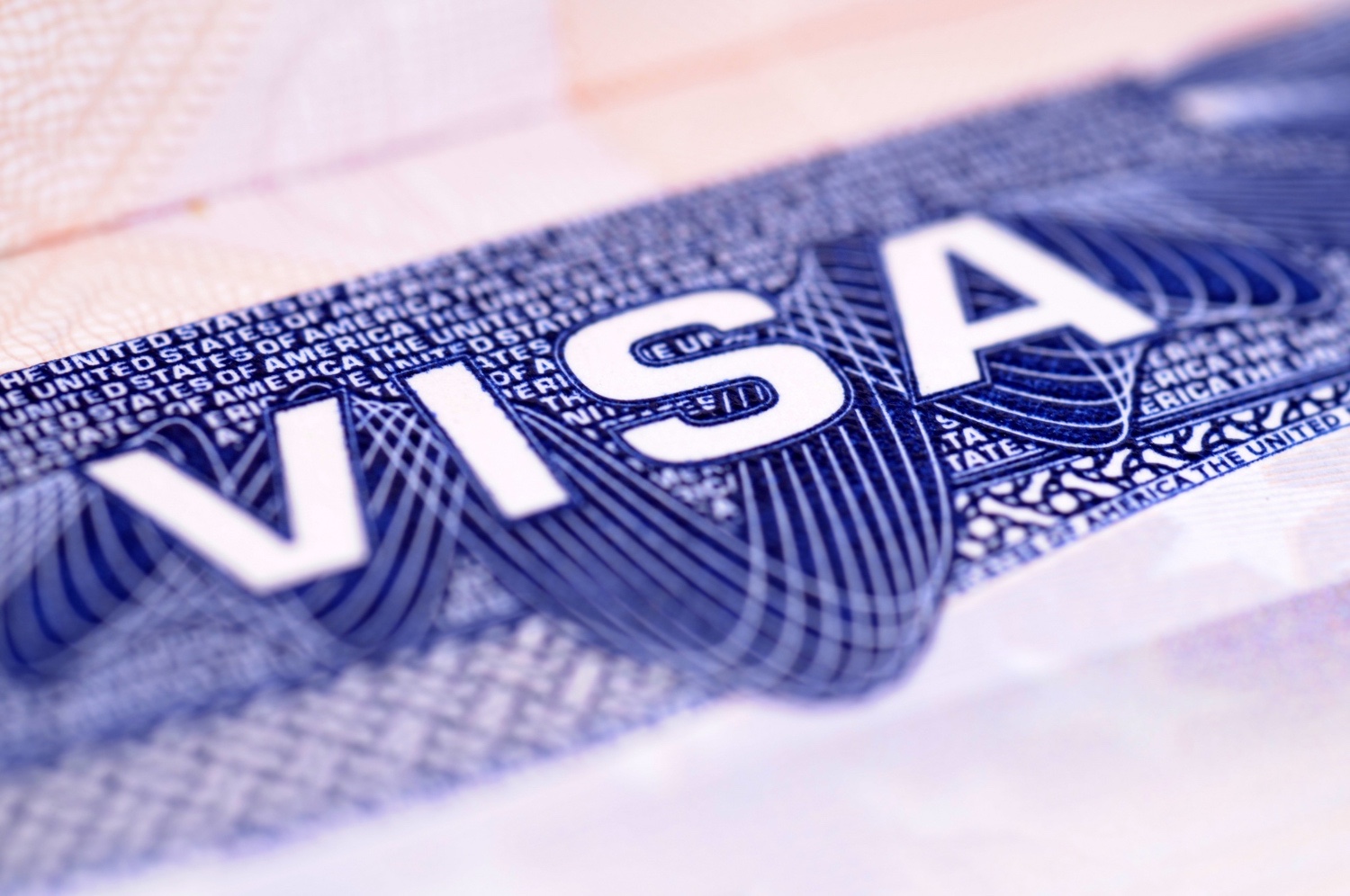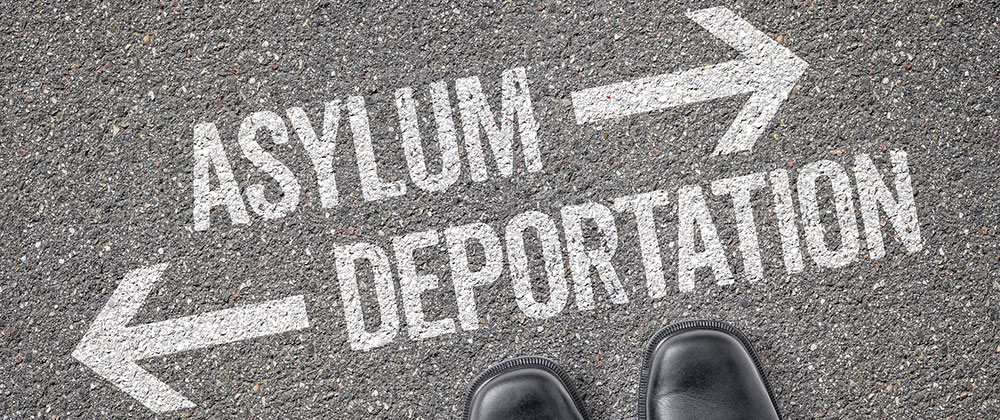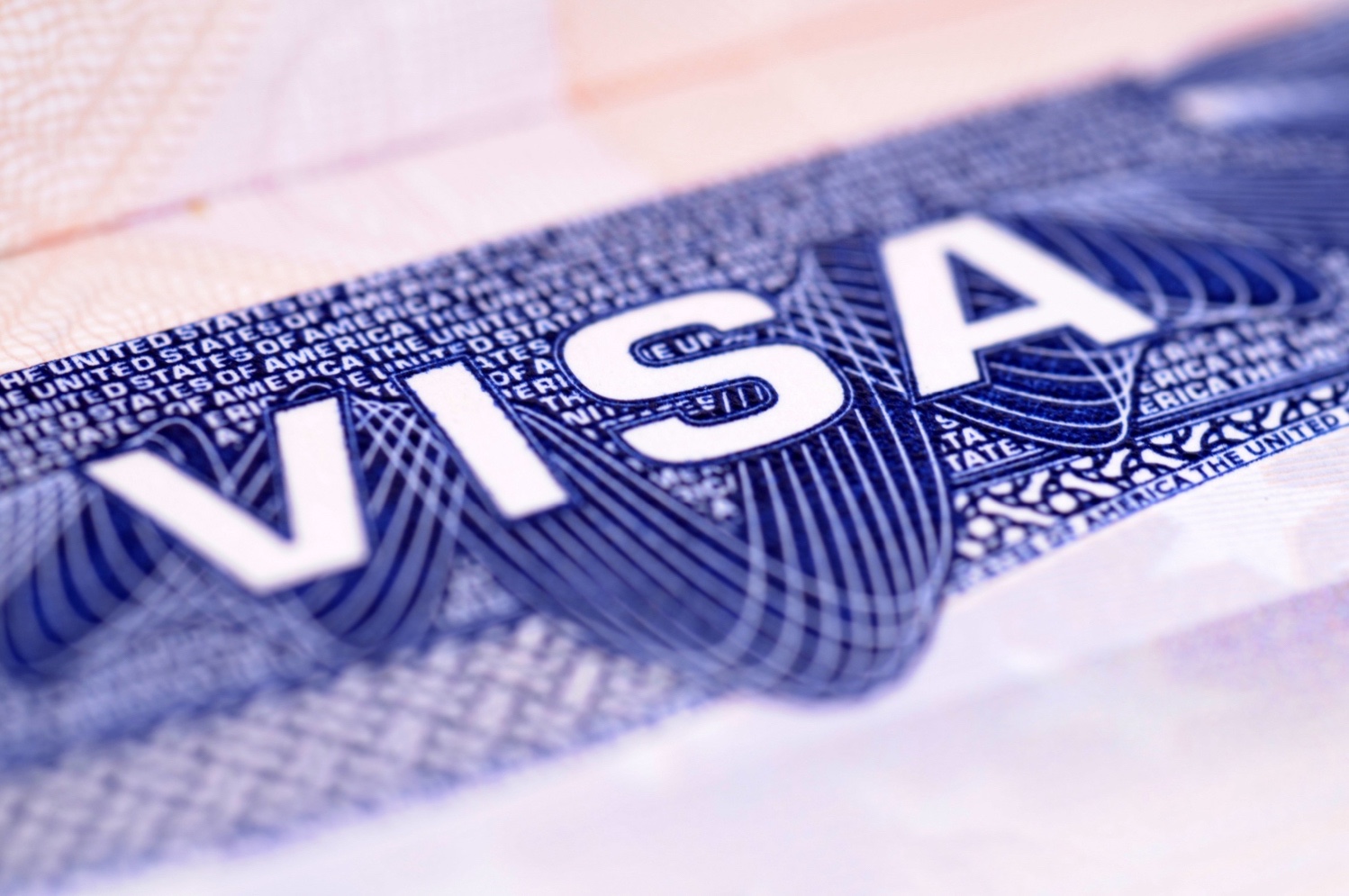When a foreign national alien beneficiary is on the path to obtaining permanent residence in the United States, the death of the U.S. citizen or permanent resident petitioner can cast a shadow of uncertainty over the beneficiary’s ability to obtain permanent residence and immigration status. This critical event raises numerous questions and concerns about the future of the alien’s stay and their ability to eventually call the United States their permanent home. Understanding the ramifications of such an event is crucial for beneficiaries and their families.
The Immigration Status Quandary for Adult Children
The immigration process for unmarried adult children over 21 of U.S. citizens is already a prolonged one, typically encumbered by a many-year quota delay. When the U.S. petitioner passes away, the foreign national beneficiary faces a precarious situation. There is a lifeline, however, if the alien relative petition, or Form I-130, has already been approved before the petitioner’s death. In such cases, the USCIS may grant permanent residence on humanitarian grounds and if there is a substitute immediate family member for the affidavit of support. The agency assesses the impact on the beneficiary and his or her family members who are citizens or permanent residents, taking into account the age, health, U.S. ties of the alien beneficiary, and other humanitarian factors.
The request is a discretionary one, and adjudication will be based on the totality of factors and whether the humanitarian reasons, particularly the impact on the immediate relatives in the United States, are deemed sufficient. The process, although burdensome and requiring substantial processing time, provides a means of obtaining residence despite the tragedy of the death of the petitioner.
Spousal Petitions: When Love, Death, and Law Intersect
For spouses of deceased U.S. citizens, the stakes are intimate and high. If a U.S. citizen’s death occurs before the approval of the immigrant visa petition, the alien spouse’s prospects for permanent residence may hang in the balance. Here, the law has a provision that looks upon widows or widowers with compassion; those who were married for at least two years at the time of death have a clear right to pursue permanent residence. Moreover, the minor children of the widow(er) are also covered under this protection.
Legal disputes have surged around the treatment of alien spouses married for less than two years. The USCIS’s historical stance has been to revoke the petition, citing the need to prevent marriage fraud. However, recent federal court decisions have underscored that the length of the marriage should not preclude the opportunity to demonstrate a genuine marital relationship. As a result, surviving spouses now have the chance to prove the good faith of their marriages of under two years prior to the death of a spouse, which can lead to the spousal alien petition remaining viable and rightful permanent residence.
The Aftermath of Petitioner’s Death on Family-Based Petitions
In cases involving approved petitions on behalf of immediate family members other than a spouse of a U.S. citizen, such as a permanent resident spouse, adult children, parents of U.S. citizens, or siblings, the death of a U.S. citizen or permanent resident petitioner results in automatic revocation of the petition. The situation is not without remedy, as the beneficiary can request reinstatement of the alien relative petition. Should the petition have already been approved, USCIS can employ discretion and reinstate it based on humanitarian grounds. A qualified substitute family member must file a new affidavit of support. The USCIS evaluates the potential for family disruption, hardship to a U.S. citizen or permanent resident family member, and individual circumstances such as the beneficiary’s health, age, or long-term U.S. residency.
Substituting Affidavit of Support Post-Petitioner’s Death
One of the key requirements for an immigrant visa and eventual permanent residence is the affidavit of support, which is meant to guarantee that the immigrant will not become a public charge. Following the death of the original petitioner, another immediate family member who is a citizen or permanent resident must step in to fulfill this requirement, ensuring the continuation of the immigration process.
Humanitarian Reinstatement – A Glimmer of Hope
Humanitarian reinstatement is a powerful provision for those beneficiaries whose petitioners die after the petition is approved but before the immigrant visa is granted. The humanitarian need was clear as many individuals waited for years for their priority date to become current. Humanitarian reinstatement affords an opportunity for beneficiaries to request the revival of their family member’s alien relative petition and, upon presenting a compelling case for why they should be allowed to proceed with the immigration process despite the petitioner’s death. They can still obtain permanent residence.
Importance of Legal Representation
The complexities that arise from the death of a U.S. petitioner necessitate professional legal advice. An immigration attorney‘s role becomes pivotal in helping beneficiaries explore their options, such as humanitarian reinstatement, and in addressing delays by USCIS or the Consulate. The attorney will also aid in collating necessary documentation, like the death certificate, proof of the relationship, and evidence substantiating claims of hardship.
Navigating the Emotional and Legal Turmoil
The convergence of emotional loss and legal hurdles can be overwhelming for an alien beneficiary. Legal proceedings post the death of a petitioner are not just about maintaining immigration status but also about handling the nuanced human aspects of grief and uncertainty. An immigration attorney becomes not just a legal representative but also a guide through these tumultuous times.
Taking Proactive Steps
Beneficiaries and their families are advised to take proactive steps upon the death of a petitioner. This includes promptly notifying the USCIS, gathering relevant documents, and seeking legal counsel. An informed and timely approach can make a significant difference in the outcome of the immigration process.
In Summary
The death of a U.S. citizen or permanent resident petitioner introduces a series of complications for an alien beneficiary’s immigration journey. With the help of compassionate laws and humanitarian provisions, alongside the expertise of an immigration attorney, beneficiaries have avenues to secure their place in the United States as lawful permanent residents.
We at Oltarsh & Associates, P.C., are deeply aware of the emotional and legal complexities that arise with the death of a U.S. petitioner. The path to securing your immigration status should not be foreclosed, as well as being another burden during such a difficult time. Our experienced immigration attorneys stand ready to provide compassionate, competent, and comprehensive legal assistance to navigate the aftermath of such a profound loss.
We are here to ensure that your rights are preserved and to advocate for your permanent residence through humanitarian reinstatement or other available legal remedies. To discuss your specific situation and get the support you need, please contact us at (212) 944-9420 to schedule a consultation. Your peace of mind is our priority as we help you honor the legacy of your family member while securing your future in the United States.




